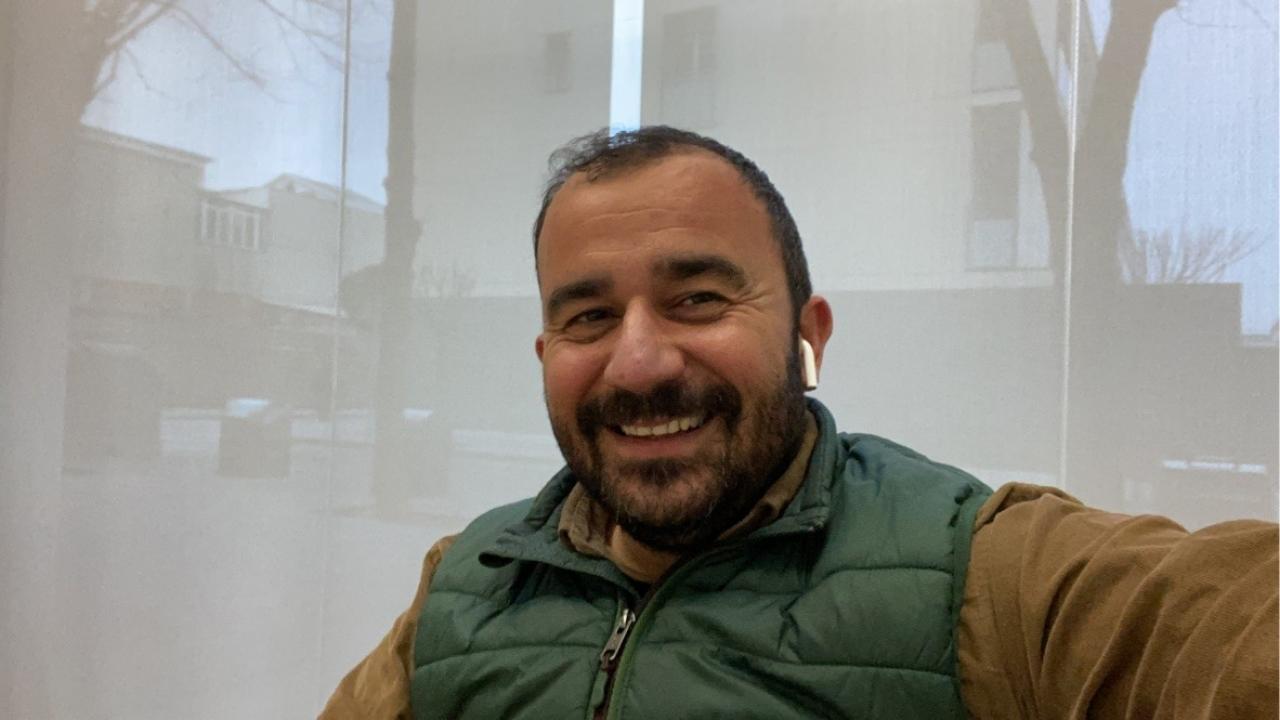
URBACT Local Groups are key in the construction of partner cities’ Educational Innovation Networks (EIN). They represent the different stakeholders that will take part in the future Educational Innovation Networks and they are contributing to lay its foundations.
What do the ULG members think about the EIN and its future? Todays it's Óscar Álvarez Moreno turn to tell us about it.
1. What is your name and what do you do?
My name is Óscar Álvarez Moreno; I am Co Founder of Click-IT, a company dedicated to the technology sector founded in 2008. It is made up with more than 60 professionals from the IT sector and located in Viladecans. I have also participated as Vice President of PIMEC Baix Llobregat i L'Hospitalet, Business Employer with the highest representation of SMEs and Self-Employed in Catalonia.
2. What is your role within the network?
I’m member of Viladecans’ ULG, business representative.
3. What do you think the network can contribute in your city?
It can contribute by promoting Interrelation between the different stakeholders, with training centres, teaching staff, students, companies and public administration of the city.
It can also contribute with concrete proposals to improve and evolve the current model. Establishing the necessary mechanisms so that this continuous improvement is not forgotten (checkpoints, follow-ups, short and medium-term objectives)
Regarding the Local Support Group, it is obvious that within the organization there must be local support, to speed up the efficiency of the EIN.
4. What would you like the EIN to be in 3 years?
From my point of view, the EIN has to be situated in a model similar to a transversal organization with capacities and presence in the Education Councils although this council is of a “consultative” nature, the presence of the EIN can provide a more "heterogeneous" vision of the needs and projects that can contribute to the educational community.
If I was asked for a wish, I will tell you:
To be able to participate, not only at a consultative level, in local education decisions and investments together with public competences. Open this project to more European cities so that we can share and add among all an exemplary and shared model of public / concerted / private education adapted to each region. Also, achieving the new methodology to bring the business world closer to the study centres. We need to work more side by side with the economic-business world with the educational world.
